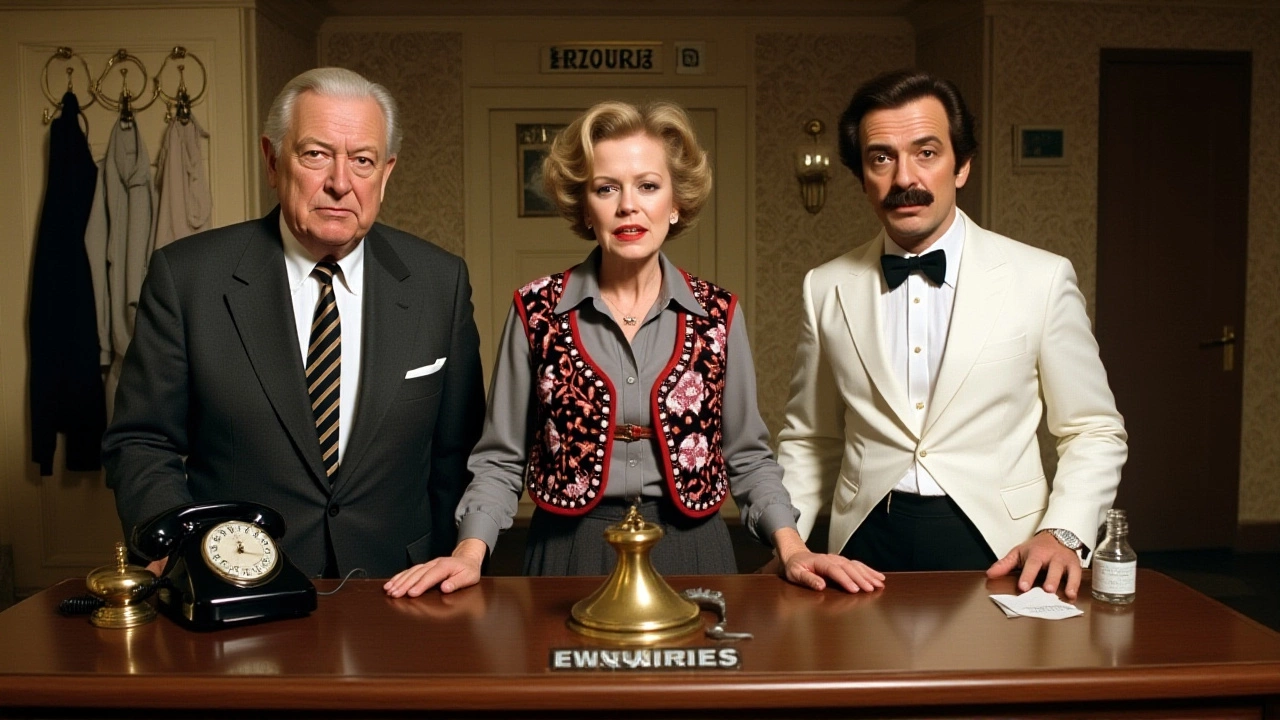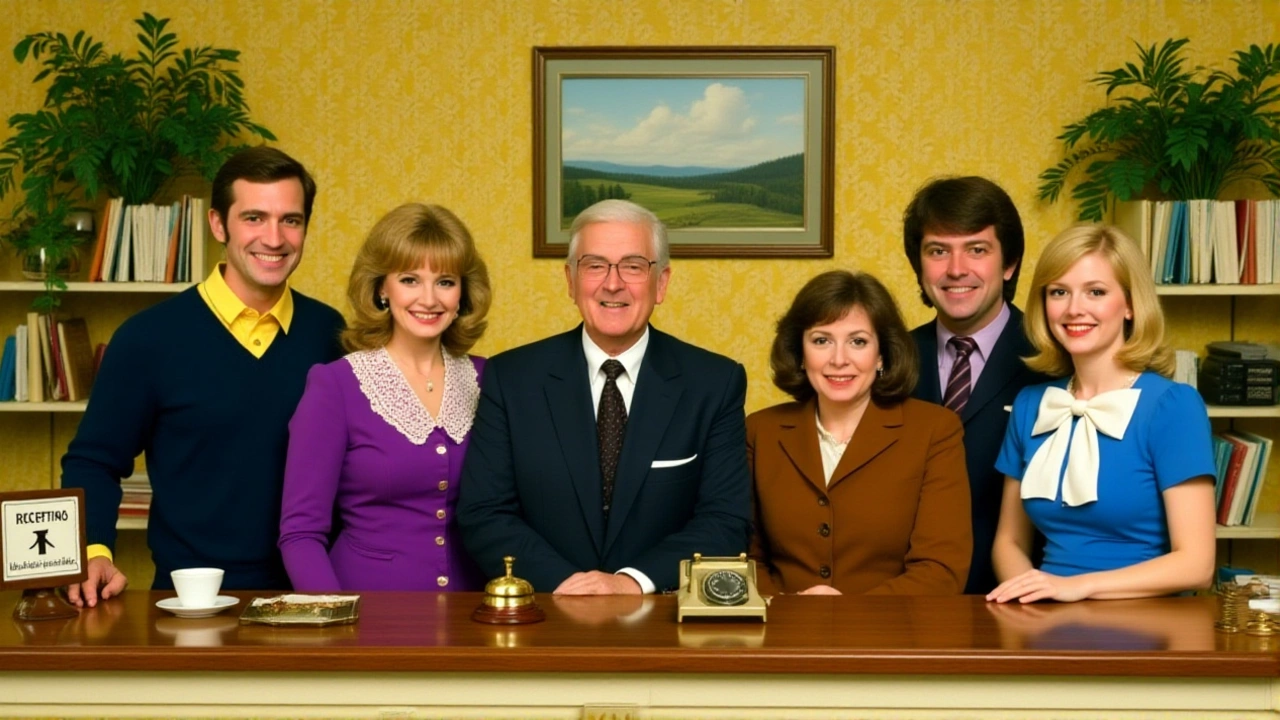When Connie Booth walked out of Sony Interactive Entertainment’s Los Angeles offices in October 2023, she didn’t just leave a job—she left behind the blueprint of PlayStation’s first-party legacy. After 34 years, the woman who helped birth Crash Bandicoot, nurtured Naughty Dog, and guided Pixelopus into the spotlight had vanished from public view. No press release. No farewell party. Just silence—until May 2024, when Electronic Arts quietly confirmed she’d joined their ranks. The industry didn’t just notice. It held its breath.
The Architect of PlayStation’s Golden Age
Connie Booth didn’t rise through the ranks—she helped build the ladder. Starting in 1989 at Sony Corporation of America as a junior executive, she was there when the original PlayStation launched in 1994. By 1995, she’d moved into Sony Computer Entertainment America as a producer, working directly with Naughty Dog and Universal Interactive Studios to deliver Crash Bandicoot—a title that didn’t just sell millions, it saved PlayStation’s early market position. That game? It was Booth’s baby. She fought for its art style, pushed back on budget cuts, and insisted on keeping its quirky charm intact. "She didn’t just greenlight games," said Meggan Scavio, president of the Academy of Interactive Arts & Sciences. "She protected the people who made them." For decades, Booth led Sony’s internal production team as SVP, acting as the invisible bridge between studio creatives and corporate strategy. She didn’t micromanage. She listened. And she remembered. When Pixelopus pitched Concrete Genie in 2018, a game about a boy using magic paint to heal a polluted town, many executives saw a niche project. Booth saw a statement. She pushed it forward. It won a BAFTA.A Sudden Exit and a Quiet Move
Her departure from Sony in October 2023 came without warning. Game Developer reported it as a quiet exit. No reason given. No succession plan announced. The silence was deafening. Industry insiders whispered about creative differences, burnout, or even frustration with Sony’s shifting priorities under new leadership. But no one could confirm it. The only official statement came from Sony Interactive Entertainment—a terse acknowledgment that she was "no longer with the company." Then, in April 2024, 80.lv broke the news: Booth had joined Electronic Arts. GameSpot confirmed it on May 15, 2024. Still, EA refused to disclose her title, start date, or role. That’s unusual. For a hire of her stature, companies usually announce it like a championship win. But EA stayed quiet. Why? Maybe they’re letting her rebuild quietly. Maybe they’re working on something big—and don’t want Sony watching.
Why This Matters More Than a Headline
This isn’t just about one executive switching sides. It’s about institutional memory walking out the door. Booth was one of the last living links to PlayStation’s founding era. She knew the original team. She remembered the panic when the PS1 shipped with only 12 games. She saw how Naughty Dog went from a tiny studio to the maker of Uncharted and The Last of Us. She didn’t just manage projects—she shaped culture. Now, EA—long criticized for its focus on live-service titles and annual sports franchises—is quietly bringing in a legend who built emotional, narrative-driven games from the ground up. Is this a signal? Are they planning a new wave of original IPs? Are they trying to win back developers who feel sidelined by EA’s corporate machine? Booth’s presence alone could be a magnet for talent. Meanwhile, Sony’s internal production team, now without its longest-serving leader, faces an existential question: Who holds the institutional knowledge? Who remembers why God of War was nearly canceled in 2005? Who knows how to convince a studio to delay a game for a year to get the story right? Those answers aren’t in a playbook. They’re in Booth’s head.
What’s Next?
The next 12 months will be telling. If EA announces a new narrative-driven game with a small team and a strong artistic vision, expect Booth’s fingerprints all over it. If Sony’s upcoming first-party titles feel less cohesive or emotionally resonant, we’ll know why. Meanwhile, the Academy of Interactive Arts & Sciences has already honored her legacy. The real test? Whether her next chapter can reignite the same magic she once sparked at Sony.Frequently Asked Questions
Why didn’t Sony announce Connie Booth’s departure?
Sony rarely comments on executive departures unless they’re tied to scandal or restructuring. Booth’s exit was quiet because it wasn’t forced—she simply chose to leave after 34 years. The company likely wanted to avoid speculation or internal disruption, especially during a period of leadership transition under new PlayStation head Jim Ryan.
What might Connie Booth do at Electronic Arts?
While EA hasn’t confirmed her role, her background suggests she’s likely leading original IP development or mentoring studio heads. She’s known for championing small teams and narrative games—exactly the kind of projects EA has struggled to sustain since the decline of Mass Effect and SimCity. Expect her to influence upcoming titles beyond sports and battle royales.
How did Connie Booth influence PlayStation’s first-party studios?
Booth didn’t just approve budgets—she created space for creativity. She shielded Naughty Dog from corporate pressure during Uncharted’s early days and gave Pixelopus the freedom to make Concrete Genie, a game that wouldn’t have passed a traditional ROI test. Her leadership turned studios into artistic homes, not production lines.
Is this a sign EA is shifting away from live-service games?
It’s a strong hint. EA’s recent layoffs and underperformance in live-service titles have pressured leadership to refocus on original content. Bringing in Booth—a lifelong advocate for story-driven, single-player experiences—signals a possible pivot. Her presence suggests EA may be quietly rebuilding its creative core, not just chasing revenue.
What’s the long-term impact on PlayStation’s game quality?
The impact may not be immediate, but it’s real. Booth’s deep relationships with developers meant she could sense when a game needed time or resources. Without her, Sony’s internal studios may face more financial pressure and less creative insulation. The next 18 months of PlayStation exclusives will reveal whether that institutional wisdom has been successfully passed on—or lost.
Did Connie Booth ever work outside of Sony before joining EA?
No. From 1989 to 2023, her entire 34-year career was at Sony-affiliated companies, starting with Sony Corporation of America and evolving through Sony Electronic Publishing, Sony Computer Entertainment, and finally Sony Interactive Entertainment. Her move to EA marks her first employer change in over three decades—a rarity in the gaming industry.

